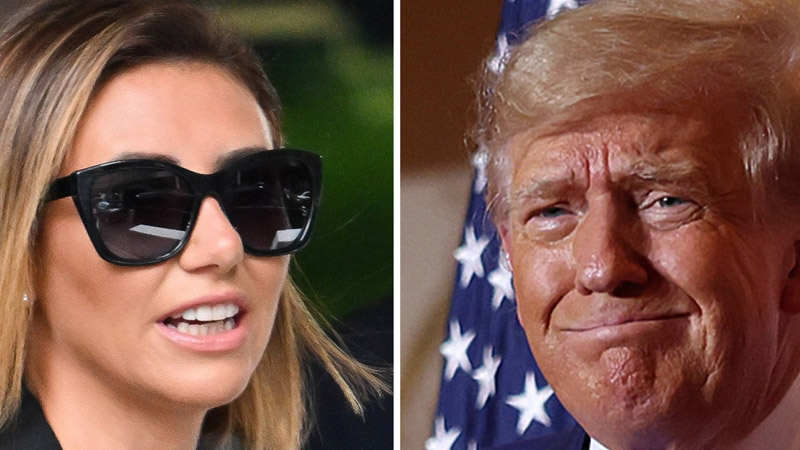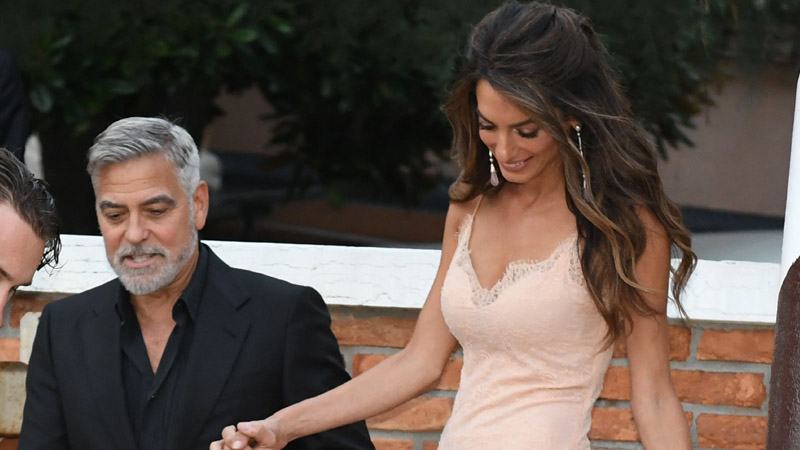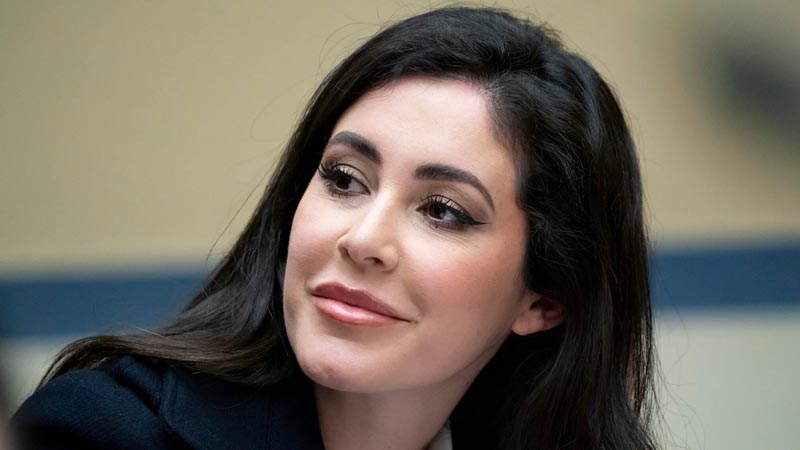“On the other hand, she should have opted for smart” Alina Habba Argues Gag Order Violates Trump’s First Amendment Rights

(GETTY)
Donald Trump’s attorney, Alina Habba, argued that the gag order imposed on the former president in his Manhattan hush money trial was unconstitutional, stating that it infringed upon his First Amendment rights.
Speaking to Fox News outside the Manhattan criminal courthouse, where Trump faces ongoing charges of falsifying business records to cover up hush money payments to adult film star Stormy Daniels ahead of the 2016 presidential election, Habba criticized the gag order for restricting Trump’s ability to communicate freely.
The gag order, imposed by Justice Juan Merchan on March 26, prohibits Trump from discussing witnesses, jurors, counsel (excluding Manhattan District Attorney Alvin Bragg), and court staff. While he can discuss Bragg and Merchan, Trump is barred from criticizing their families. He can also criticize his political opponents. The order came after Trump repeatedly attacked Justice Merchant’s daughter, told NBC News.
“We have a dual system of justice and a very unconstitutional gag order,” Habba declared, echoing her client’s oft-repeated complaint. “As his legal spokeswoman, I’m nervous about what I can’t say and that’s also unconstitutional.” A bulleted list of subjects on which the defense is barred from addressing appears in the gag order, which is posted publicly on the court system’s website.
“The fact that they will not let a defendant speak and exercise his First Amendment rights, never mind the leading candidate for president, that is un-American,” Habba declared. “It violates his First Amendment rights.” Habba’s words were swiftly ridiculed on social media. “Lol,” replied X user Renegade Cowboy. “I would rather be pretty than smart is confused huh?”
“As a lawyer, she should know what’s prudent & what’s not to say,” posited X user Barbara Levitan. “There’s nothing unconstitutional about that…On the other hand, she should have opted for smart.” “Habba: As a lawyer,” quipped @DianeSevenay, “I don’t really understand laws.”
Since its implementation, Trump has violated the gag order at least ten times, which prosecutors argue necessitates strict enforcement to ensure a fair trial. They believe Trump’s repeated violations could potentially intimidate witnesses, influence jurors, or compromise the judicial process.
Habba contended that the gag order violates Trump’s rights both as a private citizen and a presidential candidate. She emphasized the importance of protecting Trump’s freedom of speech, particularly given his status as the leading candidate for the Republican nomination.
“The fact that they will not let a defendant speak and exercise his First Amendment rights, never mind the leading candidate for president, that is un-American,” Habba stated. “It violates his First Amendment rights.”
Trump’s legal team has consistently argued that the charges against him are politically motivated, portraying the trial as a partisan attempt to undermine his presidential campaign. They have also emphasized that Trump, as a candidate, should be able to express his views and communicate with his supporters without undue restriction.
Prosecutors, however, maintain that the gag order is necessary to prevent Trump’s incendiary rhetoric from undermining the trial. They cite Trump’s history of attacking individuals involved in the legal proceedings and emphasize the need to protect witnesses, jurors, and court staff from potential harassment or intimidation.
Justice Merchan has defended the gag order as a balanced approach to preserving the integrity of the trial while allowing Trump to continue discussing relevant political matters. By permitting Trump to criticize Bragg and Merchan, as well as political opponents, Merchan aimed to balance Trump’s right to free speech with the need to protect the judicial process.
Nevertheless, Trump’s repeated violations of the gag order have put pressure on the court to consider stricter enforcement measures. The violations include disparaging remarks directed at Justice Merchan’s family and comments that could be seen as attempts to influence public opinion regarding the trial.
Habba’s argument underscores the tension between Trump’s legal team and the court over the limits of free speech in high-profile legal cases. As the trial continues, the court will likely revisit the issue to ensure compliance with the gag order while respecting Trump’s constitutional rights.
The outcome of this trial could have broader implications for how gag orders are applied in politically charged cases, particularly involving high-profile figures with significant public influence. Balancing fair trial rights with free speech protections remains a contentious issue, and this case could set a precedent for future legal battles involving public figures.


